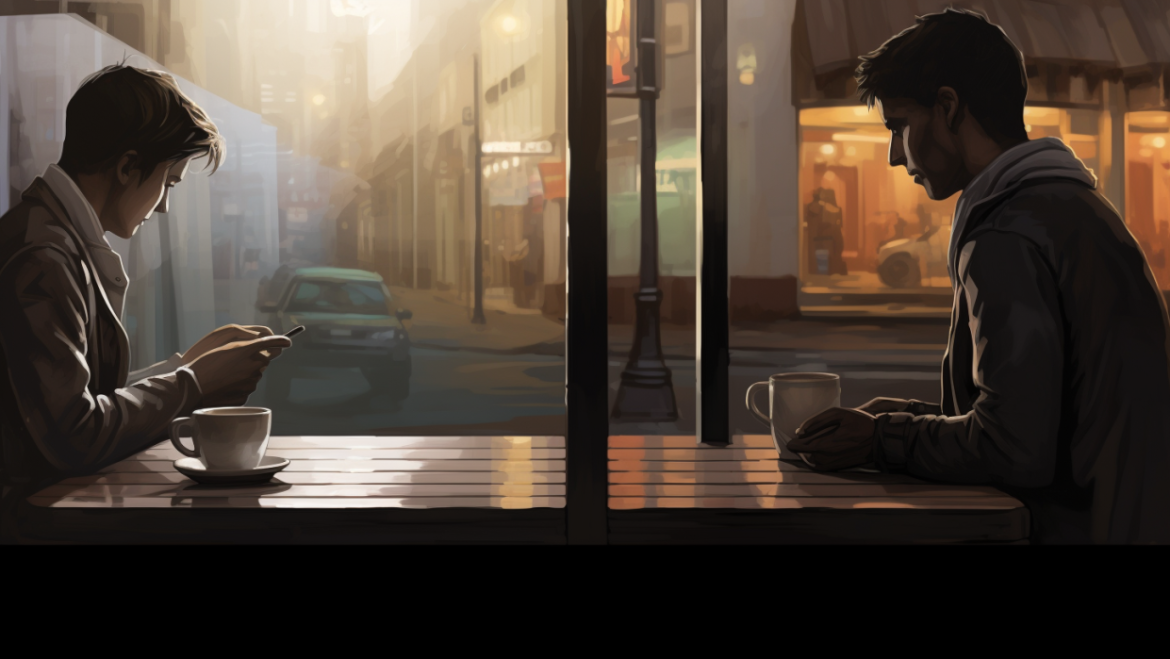The smell of freshly made coffee is a comforting companion to those who are exhausted in a society that feeds on a perpetual state of activity. On the other hand, when we explore more into the complexities of our body's response to caffeine, an important issue emerges: may drinking coffee create anxiety?
The Scientific Ratio Between Caffeine and Nervousness
The primary stimulant found in coffee is called caffeine, and it occurs naturally. Its primary effect is on the central nervous system, which results in increased awareness as well as vitality. However, there is a delicate line between the energising effects of caffeine and its ability to either start or aggravate anxiety symptoms. Caffeine treads that line with care.
How Caffeine Works
Caffeine immediately begins its work to inhibit adenosine receptors as soon as it enters your body. Because of this blocking, neurotransmitters like dopamine and norepinephrine are released in greater quantities, which contributes to an increase in both energy and mood.
The Double-Edged Sword of Caffeine: The Connection to Anxiety
If you drink more coffee than usual, you run the risk of experiencing jitteriness, a faster heart rate, and even sensations of worry and unease, which are classic symptoms of anxiety. However, consuming a normal quantity of coffee may have a positive effect on your mood.
Research on Coffee and Anxiety, Examined in Greater Detail
There have been a great deal of investigations on the link between drinking coffee and experiencing anxiety. An important research that was carried out by the American Journal of Psychiatry highlighted the fact that persons who took high quantities of caffeine were more likely to develop anxiety-related symptoms. This finding was brought to light by the fact that these individuals were studied. In contrast, a research that was published in the journal "Depression and Anxiety" found that moderate use of caffeine may have the potential to have antidepressant effects. This finding indicates that the link between caffeine and anxiety is more complex than previously thought.
Individual Thresholds: A Matter of Metabolism and Tolerance
Coffee has an effect on each individual that is as unique as their fingerprint. How a person responds to coffee depends heavily on a number of factors, including their metabolism, their level of tolerance, and even their genetic predisposition.
The Function of Metabolic Processes
Others, on the other hand, may discover that they are more sensitive to the effects of caffeine and that even a tiny quantity of coffee might cause them pain or anxiety. Some people metabolise caffeine quickly, limiting the risk that it will have unwanted consequences.
Tolerance: A Built-up Resilience?
Coffee users who consume the beverage on a daily basis may, over time, acquire a tolerance to caffeine, which may reduce the likelihood that the substance may cause anxiety. However, this tolerance might lead to increasing use, which, in turn, may cause the cycle of worry to start all over again.
Practical Measures to Take to Mitigate the Effects
If you find that drinking coffee makes your anxiety worse, there are a few things you may do to lessen the impact of this habit:
The Crucial Role of Moderation Aim for moderation in the amount of coffee you drink each day. The maximum amount of caffeine that should be consumed in a single day is 400 milligrammes, which is equivalent to about four cups of coffee that are 8 ounces each.
A good rule of thumb is to avoid drinking coffee in the late afternoon or evening since it may prevent you from falling asleep, which in turn may lead to feelings of anxiousness.
Alternate Solutions: If you find that caffeine makes your anxiety worse, consider switching to a caffeine-free beverage such as herbal tea or even decaffeinated coffee.
Conclusion
The connection between drinking coffee and experiencing anxiety is a complicated and subtle one that is impacted by a wide variety of variables, such as an individual's metabolism, their level of tolerance, and even their genetic make-up. If we are able to get a knowledge of how caffeine works inside our bodies and how it affects our states of mind, we can modify our use of coffee in a way that is beneficial to our health. This will ensure that the exhilarating smell of coffee beans continues to be a source of joy rather than unease.




Add Comment